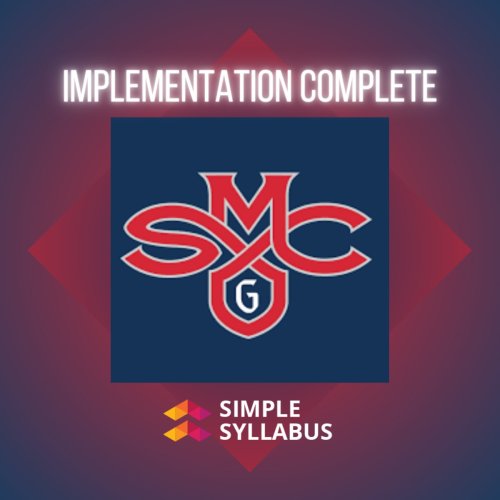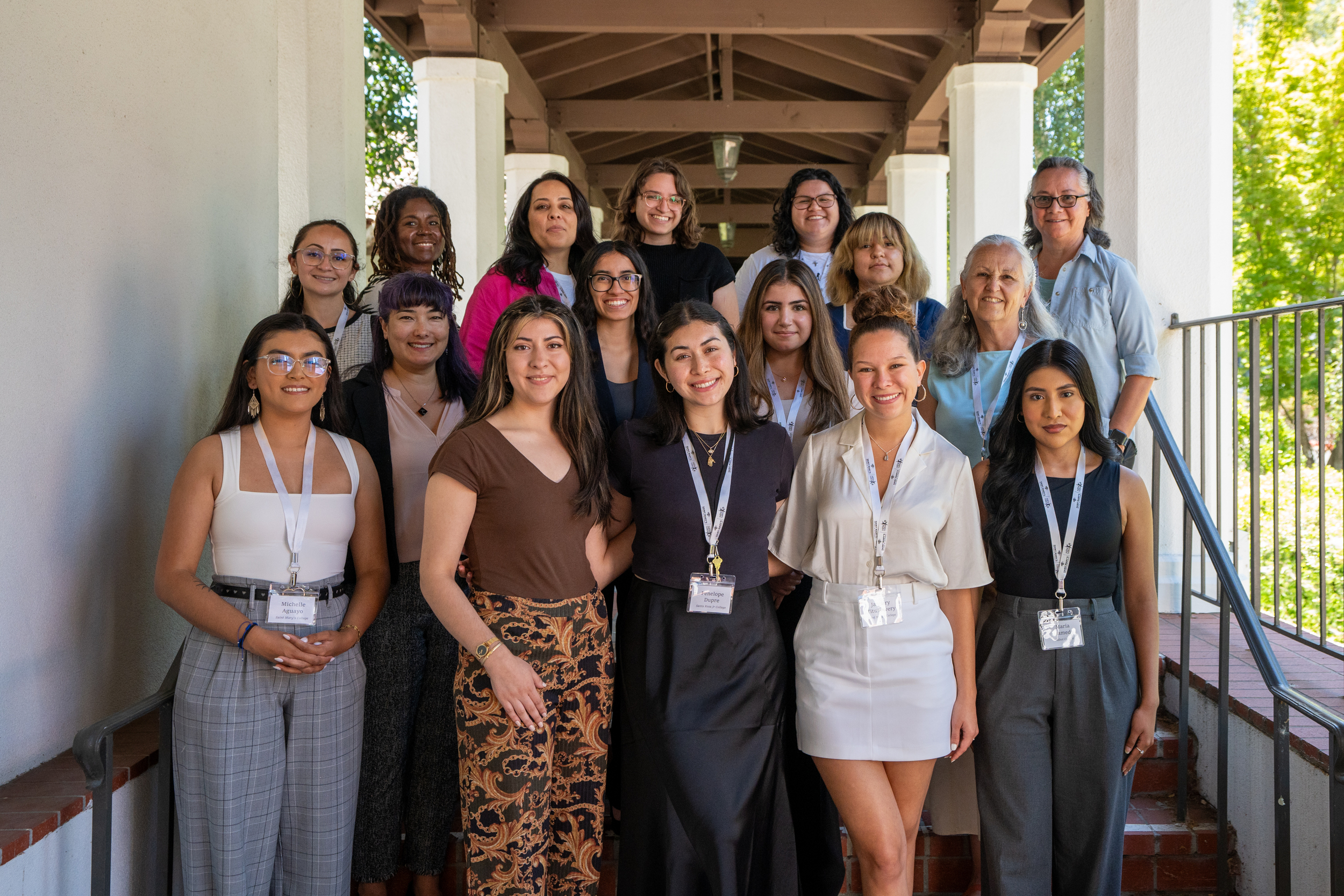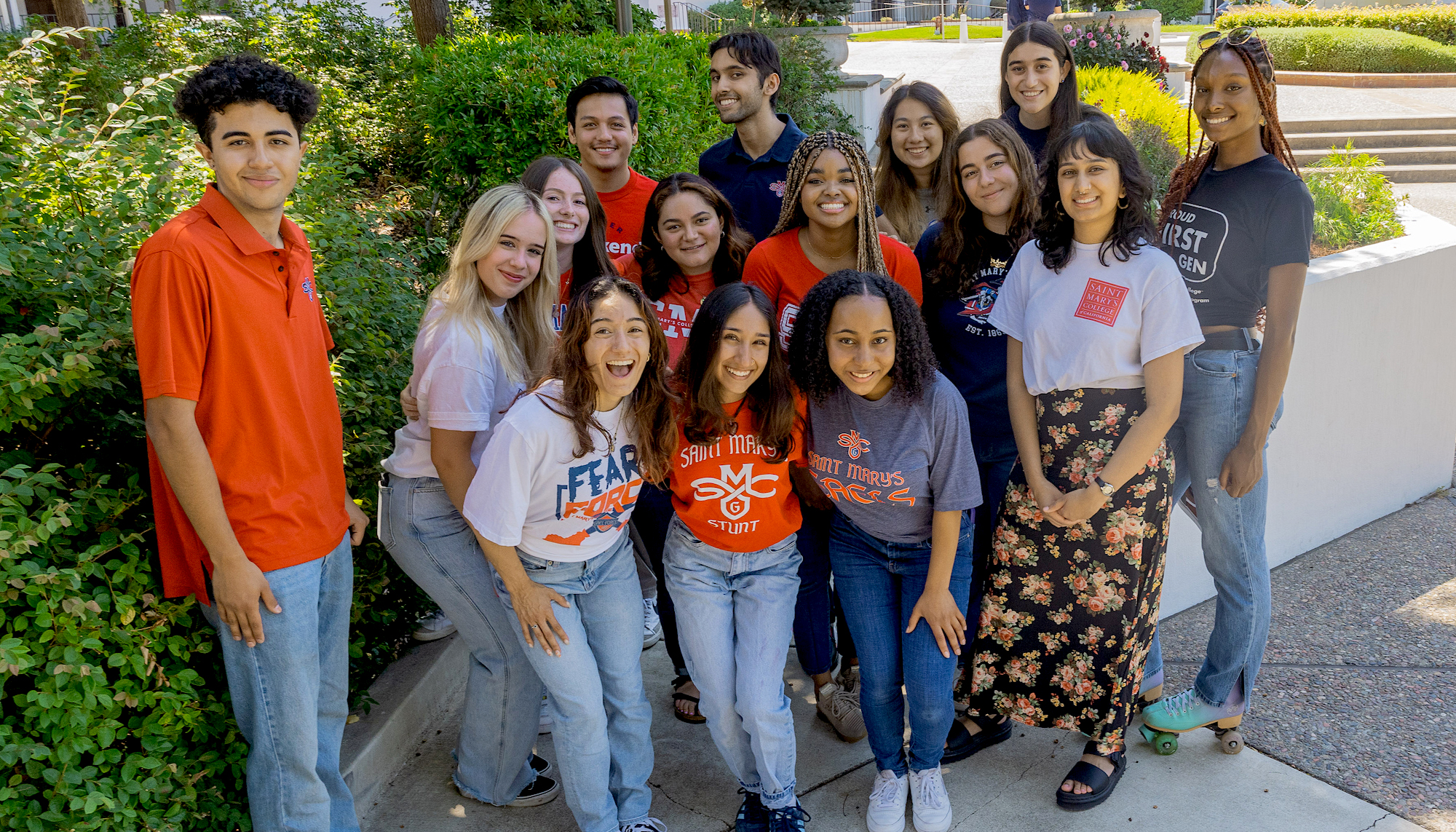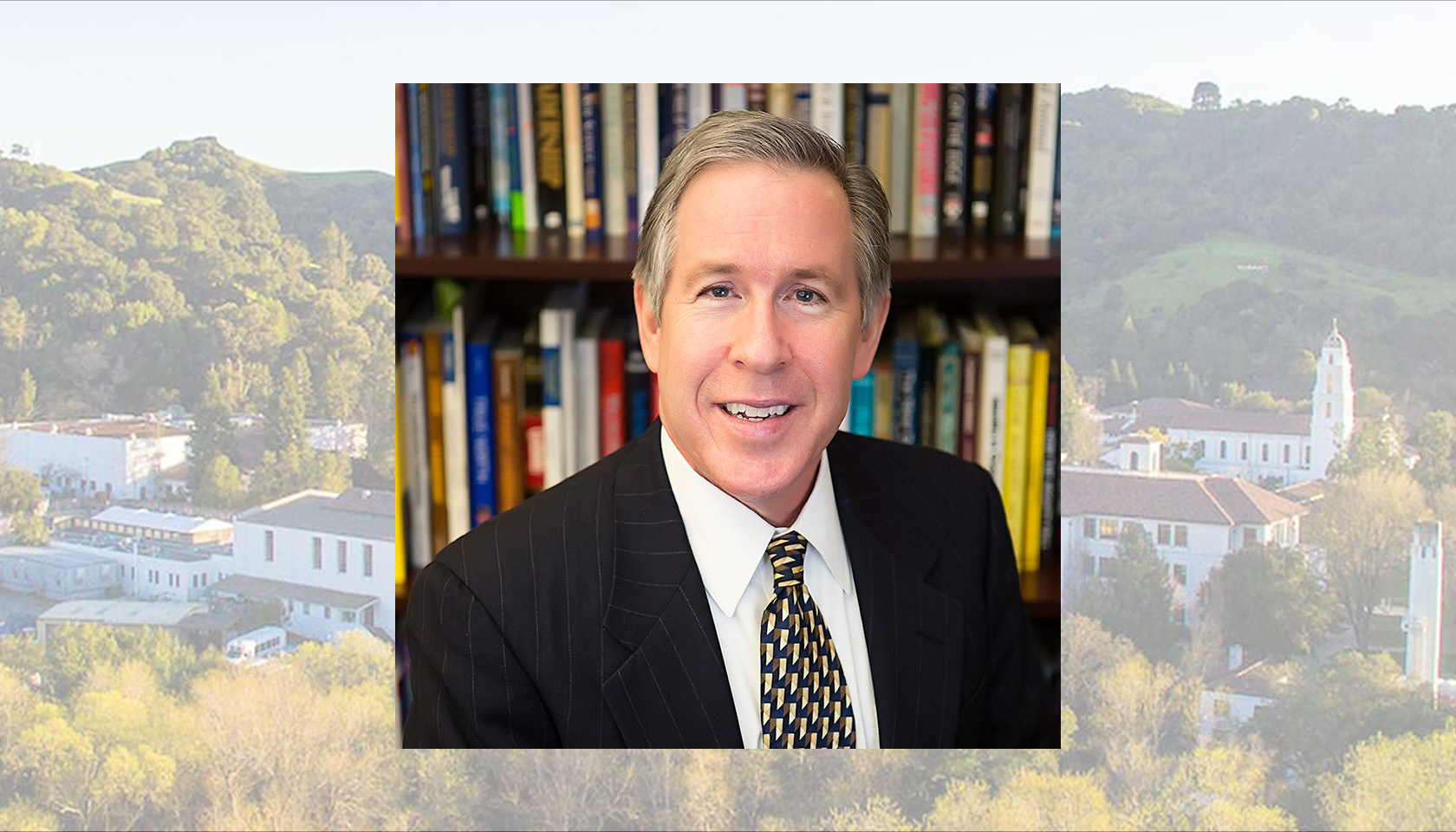
President Roger J. Thompson, who joined Saint Mary’s on July 22, says that he sees Transformation 2028 as a “roadmap” toward the College's success. "Its early achievements reflect the tremendous effort of the many SMC team members who have helped bring the plan to life," he says. / Graphic by Adira Weixlmann
Innovative Academics, More Affordability, Enhanced Infrastructure, Investments in Climate Action, and More: Headway with SMC’s Strategic Plan Leads to a Better Saint Mary’s
SMC launched Transformation 2028 in early 2023, and the College has been methodical and intentional in implementing the plan’s ambitious goals. Here’s our progress to date.
As we gear up for the return of students for the beginning of the 2024–25 Academic Year—and as Roger Thompson takes the reins as Saint Mary’s 31st President—this seems an opportune time to look at how the College has forged ahead to make SMC’s strategic plan, Transformation 2028 (T2028), an impactful and highly actionable document.
The majority of implemented initiatives are in the areas of academic and educational excellence, student support, and foundational work that bolsters student success. Here are some highlights demonstrating how Saint Mary’s is implementing its Transformation 2028 strategic plan, as well as a preview of achievements anticipated in 2024–25.
A Focus on Academic and Educational Excellence
One key priority in T2028—“Launch Innovative and In-Demand Academic Programs”— challenges the campus to up its academic game to meet the evolving needs of students and their communities. SMC’s Office of Academic Affairs is addressing this goal head-on.
The College has simplified most of its majors and minors, while at the same time encouraging more inter- and multidisciplinary work through revisions to academic programs and a new transfer-ready Core Curriculum to enable students to complete their education at SMC. Students in the 2023–24 first-year class were part of the new Core and new major/minor requirement, making them the first cohort to benefit from the new programs and Core Curriculum.

In addition, those academic changes led the College to adopt institutional learning goals encompassing student learning and experiences at all academic levels. The Center for Equity and Excellence in Teaching was launched in Fall 2023 to provide robust and comprehensive faculty development support, leading to its inaugural Faculty Learning Community funded by a grant from the National Endowment for the Humanities.
Other recent academic accomplishments include the piloting of two new Career Center co-curricular Career Launch courses this past fall, and a kickoff of the inaugural Summer Academy for high school students this summer that also helps fulfill T2028’s “Extend Our Reach and Expand Our Impact” strategic priority.
Another key T2028 strategic priority designed to support the academic experience for students is “Attract and Retain an Exceptional and Diverse Faculty and Staff.” The priority is off to a good start with the appointment of Roger J. Thompson, EdD as President. Other critical leadership hires include a new Dean of the School of Economics and Business Administration, Donald E. Gibson, PhD, and Dr. Terri Jett, new Associate Vice President and Senior Diversity Officer.

In addition, the Fall 2024 semester will see 15 new faculty members at Saint Mary’s. On the retention front, SMC’s Human Resources team has drafted an updated remote and hybrid workplace policy to help support equitable flexibility in work arrangements. HR is also working to develop an electronic exit survey in an effort to take timely action on retention efforts.
Supporting Students with Cutting-edge Technology, Better Housing, and More
With an eye on another critical T2028 priority—“Become a Thriving and Adaptive Learning Organization”—the College has made significant progress in campus modernization, particularly regarding technology and tools.
The campus has adopted Canvas, a course management system, and Simple Syllabus, a platform for publishing digital course syllabi, to standardize learning management features and depository capabilities; together, these enable students to better access syllabi and explore courses and readily available campus resources. These updates also initiated the development of a universal syllabus template that ensures student access to necessary academic and student life resources.

Last fall, SMC supported Information Technology Service’s hosting of the 2023 ATXpo, leading to campus engagement with new technologies in teaching. In addition, the campus has been selected to participate in the American Association of Colleges and Universities’ Institute for AI, Pedagogy, and the Curriculum this upcoming academic year. Students and others around SMC can also dive into online work (and play) reassured that Saint Mary’s is now a WiFi 6 campus, with an additional 500 access points.
Helping to fulfill the “Increase Access, Affordability, and Equity” priority in T2028, Saint Mary’s students will benefit from the fact that SMC was among the three California universities awarded a $1.5 million grant from the U.S. Department of Education. The funds will support a three-year initiative to create and use open educational resources (OER), educational texts, and classroom materials provided via no-cost access, with re-use, re-purpose, adaptation, and redistribution by others permitted.
In the effort to fulfill the “Investing in the Campus and Welcome Internal and External Audiences” goal of T2028, Saint Mary’s continues to upgrade facilities and make tangible investments in the campus, including student housing. A series of renovations have been completed since 2021, including those in Siena Hall (2021), Mitty Hall (2022), and Becket and More Halls (2023). Enhancements and accessibility improvements have also been made to the UCU Pavilion and Vieira Courtyard—central to SMC Athletics—as well as Chapel Plaza, residence halls Syufy Hall and Claeys North Hall, and the townhouse-style Sabatte Hall.
On the non-tech front, the campus launched a comprehensive Essential Needs program to provide critical resources to students of all income levels and backgrounds, such as those in health and wellness, finances and budgeting, nutrition and food security, and other key areas.
Stewards of the Environment
Recognizing the critical nature of climate change and sustainability, SMC includes “Fulfill Saint Mary’s Climate Action Plan” as a standalone priority in its strategic plan. The campus continues to make good on its commitment to the environment.
Saint Mary’s was featured in the 2023 edition of The Princeton Review Guide to 353 Green Colleges and earned a second Gold STARS rating from the Association for the Advancement of Sustainability in Higher Education (AASHE) in recognition of sustainability achievements. AASHE’s STARS program is the most widely recognized framework in the world for publicly reporting comprehensive information related to a college or university’s sustainability performance.

Also from the AASHE, SMC earned a top 10 ranking nationally last year for its sustainable food and dining practices in the 2023 Sustainable Campus Index, an annual AASHE publication. The award is a nod toward increasingly robust sustainability initiatives at SMC, including important recent strides.
Results from SMC’s most recent greenhouse gas inventory in April were encouraging, with an overall decline in campus emissions. In the first three years of SMC’s new Strategic Energy Management program, the College reduced electricity usage by 4 percent and natural gas usage by 12 percent.
The campus also hosted the Global Lasallian Sustainability Symposium in 2023—to share ideas and accomplishments with Lasallian institutions worldwide, and to shape a conversation around best practices.
Looking Ahead to 2024–25
It’s important to note that while this is quite an array of strategic plan achievements, the College is just getting started. Several goals are scheduled for completion or further development during the 2024–25 academic year.
New programs in Graduate and Professional Studies are in process, for example, with planning for a graduate nursing program and its related healthcare programs already well underway. (This maps to the “Launch Innovative and In-Demand Academic Programs” priority.) Additionally, a unified online Graduate and Professional Studies catalog is expected to be completed this upcoming year.
In the ongoing effort to position SMC as a go-to Bay Area hub, Saint Mary’s has become the first college in California to offer the New Education for Women (NEW) Leadership Program. The College hosted the program’s inaugural gathering in late June; nearly two dozen participants learned how to get involved in advocacy and politics, elevate their leadership skills, and become equipped for careers in government and public service.

In terms of numbers: By the end of Spring 2024, 27 percent of T2028’s current initiatives across 11 strategic priorities had been implemented, with another 34 percent in progress. The remainder of the plan’s initiatives remain in the planning stage.
“As we enter a new academic year, I am deeply appreciative of the work the entire campus has done on Transformation 2028,” said President Roger J. Thompson. “This strategic roadmap outlines the direction and defines important markers of success for the College, and its early achievements reflect the tremendous effort of the many SMC team members who have helped bring the plan to life.
“I look forward to working with our entire campus community on Transformation 2028 and other initiatives that will collectively increase the trajectory of this great institution,” said Thompson.





